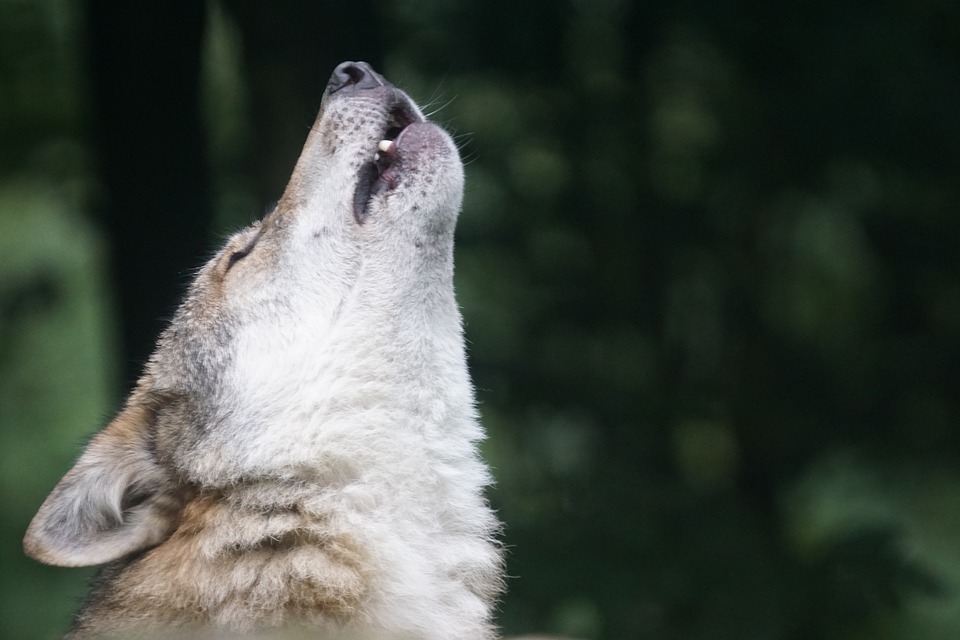After a sheep was found dead on Thursday morning in Limburg the Flemish Agency for Nature and Forests (ANB) has announced it will examine whether a wolf caused this death. This is not the first incident suspected of involving a wolf in Belgium, with several sightings and incidents recorded since the start of the year.
By the end of February, four sheep had been found dead in Helchteren. According to DNA analysis, two wolves are at the origin of these attacks. On Wednesday, three alpacas were killed in Peer, probably again the work of a wolf due to the bites inflicted.
There are now a number of wolves in Belgium, including Naya and August, who have territory in Peer, and have been suspected as responsible for the attacks on the alpacas.
With the expanding wolf populations in neighbouring countries (in particular Germany) the wolf population in Flanders was expected to grow. Nevertheless, in recent years there have been only a few hard-to-verify reports of sightings in Flanders.
Since wolves were recorded arriving in Belgium, 15 sheep have been bitten to death, according to the ANB.
In 2018, a wolf - Naya - was recorded in Flanders, Belgium for the first time in over a century. Naya's radio collar showed that she had come from Germany through the Netherlands.
The ANB recommends that breeders in the region equip themselves with adapted electrified fences. Otherwise, wolves may become accustomed to hunting easy prey, such as cattle.
Jules Johnston
The Brussels Times

